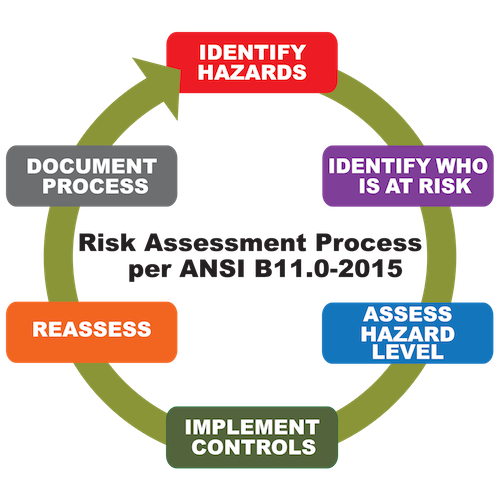

This course is structured into five comprehensive modules, each focusing on key aspects of HAZOP Leader requirements. It includes:
By the end of this training course, participants should be able to:
This course is designed for:
The training will be delivered through a combination of:
Module One: Introduction to HAZOP Study Process
Module Two: Leadership Principles for HAZOP Leaders
Module Three: Identifying and Evaluating Hazards and Operability Issues
Module Four: Developing and Implementing Action Plans
Module Five: Communicating HAZOP Findings and Continuous Improvement
CDGA Consultant Certificate will be issued to all attendees completing minimum of 80% of the total tuition hours of the workshop.
| Code | Date | Venue | Fees | Register |
|---|---|---|---|---|
| HSE248-02 | 10-05-2026 | Amman | USD 5450 | |
| HSE248-03 | 16-08-2026 | Dubai | USD 5450 | |
| HSE248-04 | 29-11-2026 | Riyadh | USD 5450 |

In today’s dynamic industrial landscape, the need to minimize risks and prevent accidents is more critical than ever. This course will guide you through proven methodologies for hazard analysis, risk ...
.jpg)
Hazard and Operability Studies (HAZOP) is one of a number of Process Hazard Analysis (PHA) techniques used to identify potential failures, operability problems and process risks in Major Hazard Facili ...

HAZOP, or Hazard and Operability Studies is the principle risk assessment technique used for new projects and process modifications and to comply with the Management of Change ‘MOC’. It is also used t ...
.jpg)
The foundation of any successful process safety program is a current set of process hazard analyses (PHAs) for each of its processes. Revalidating PHAs to keep them up to date and applicable is a must ...
Providing services with a high quality that are satisfying the requirements
Appling the specifications and legalizations to ensure the quality of service.
Best utilization of resources for continually improving the business activities.
CDGA keen to selects highly technical instructors based on professional field experience
Since CDGA was established, it considered a training partner for world class oil & gas institution
3012, Block 3, 30 Euro Business Park, Little Island, Co. Cork, T45 V220, Ireland
Mon to Fri 09:00 AM to 06:00 PM
Contact Us anytime!
Request Info